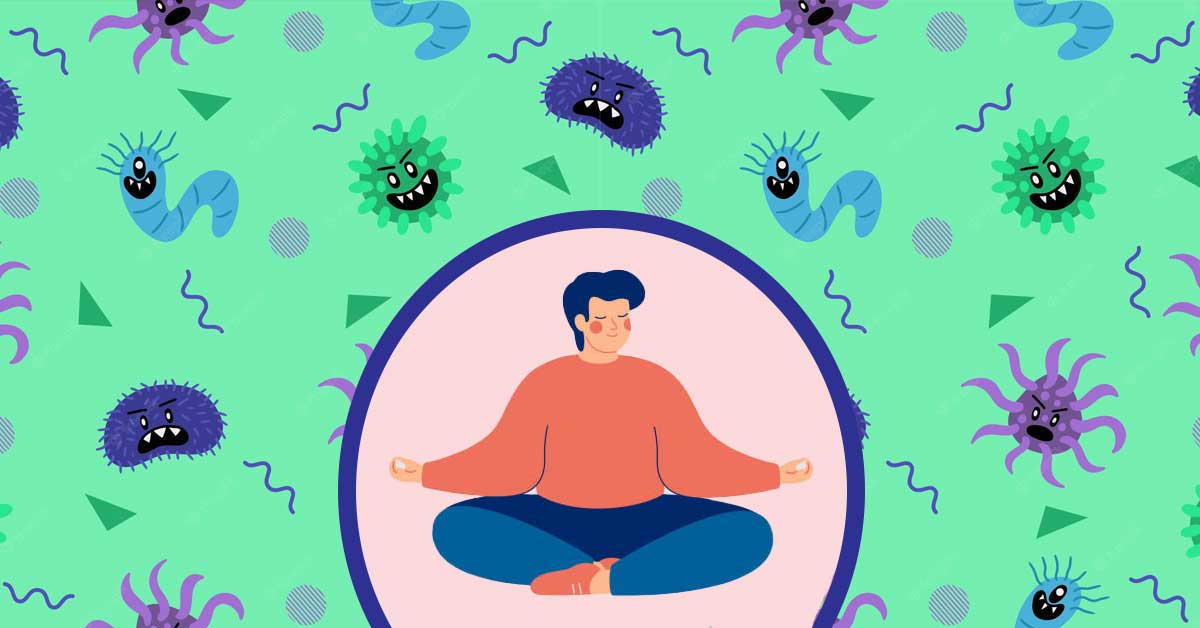Your immune system is the complex protection system that is keeping your body healthy right now! The stronger your immune system, the greater your body’s ability to fight infection and protect you from falling ill.
How Does Your Immune System Respond to Germs?
You probably do not think much about your immune system on a day-to-day basis. During periods of good health, we may take our immune system for granted, but in reality, it is working very hard each day.
Your immune system is activated when your body encounters something it does not recognize. When your body encounters something new for the first time it remembers information about the germ and how to fight it – allowing your body to better fight the germ in the future.
B lymphocytes create antibodies, types of proteins that lock into specific antigens (the viruses, germs, or bacteria that are invading your body). Even after these antibodies defeat the antigen, they linger in your body, waiting in case the same illness would strike again. Should you be exposed to the same antigen, your body will be better equipt to fight it now that it already has the antibodies on hand.
The Three Types of Immunity
The immune system contains three subsystems: innate, adaptive, and passive immunity.
For general defense against germs, your innate immunity is used as this is the basic immune system you are born with. This includes something as simple as your skin is a physical barrier.
On the other hand, the adaptive immune uses antibodies to fight specific germs that it has previously come in contact with. This adaptive immune system is the one your body learns over the course of your lifetime and can be further reinforced by vaccination and previous illnesses.
Lastly, passive immunity is immunity that you borrow for a short time. A common example of this is the temporary antibodies a baby receives from their mother’s breast milk.
Does my Immune System Improve with Age?
Your immune system does improve with age to an extent. It often improves as you progress into adulthood, ultimately peaking during your reproductive years. After this, your immune system begins to deteriorate.
You will notice your immune system becomes slower to respond to threats, and your healing process will be slower.
Some lifestyle behaviors may also have an impact on how soon your immune system begins to decrease in its effectiveness.


